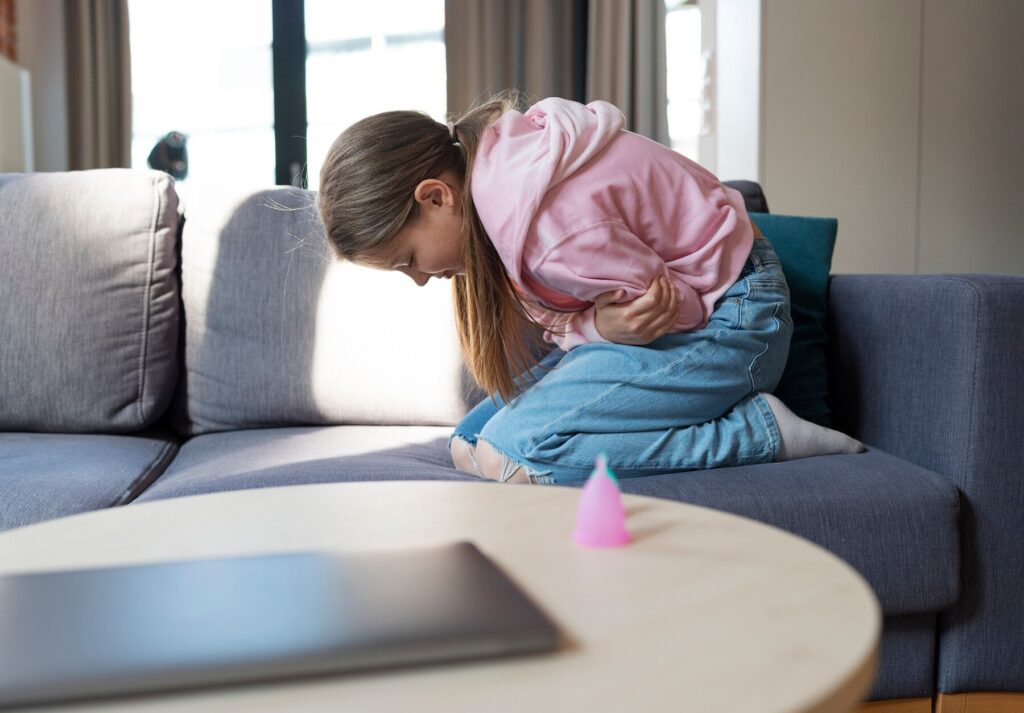Constipation
Constipation

Constipation is a common digestive system problem in modern lifestyles. Factors such as irregular eating habits, low fiber intake, inactivity, and stress contribute to the increasing prevalence of constipation cases. So, what is constipation, how does it occur, and what are the treatment methods? Let’s dive into the details together.
What is Constipation?
Constipation is a condition characterized by difficulty in defecation due to reduced bowel movements or hardening of stool. Normal bowel movement frequency varies from person to person; however, having fewer than three bowel movements per week is generally considered constipation.
Symptoms
Patients presenting with complaints of constipation may exhibit the following symptoms:
• Straining during defecation
• Hard or lumpy stools
• Feeling of incomplete evacuation
• Abdominal pain and bloating
• Excessive gas and discomfort
• Loss of appetite and fatigue
Common Causes of Constipation
Constipation can occur for a variety of reasons, including:
1. Dietary Habits
• A low-fiber diet (insufficient consumption of vegetables, fruits, and whole grains).
• Inadequate water intake.
• Excessive consumption of processed and fatty foods.
2. Lifestyle
• Sedentary lifestyle (lack of physical activity).
• Prolonged sitting (desk jobs, long journeys).
3. Psychological Factors
• Stress, anxiety, and depression.
4. Medical Reasons
• Medication use: Especially iron supplements, antidepressants, and painkillers.
• Digestive system diseases: Irritable bowel syndrome (IBS), hemorrhoids, anal fissures.
• Other conditions: Thyroid diseases, diabetes, or neurological disorders.
How is it Treated?
The treatment of constipation often depends on its cause. However, the following general approaches can be effective:
1. Dietary Adjustments
• Increase Fluid Intake: Drinking at least 8-10 glasses of water daily helps regulate bowel movements.
• Probiotics: Foods containing probiotics, such as yogurt and kefir, can improve gut flora.
• Fiber Intake: Consuming 25-30 grams of fiber daily is recommended in normal life. However, during active constipation, high-fiber foods (especially insoluble fiber sources like whole grains) may worsen symptoms for some individuals. Insoluble fibers can cause hard stool accumulation in cases of poor bowel movement.
Foods to Avoid During Constipation:
1. Whole Grains and Bran Products
• Foods containing insoluble fiber like whole wheat bread and brown rice can harden stool.
2. Raw Vegetables
• Raw vegetables such as broccoli, cabbage, and cauliflower can cause gas and bloating.
3. Nuts
• Fiber-rich nuts like almonds, walnuts, and hazelnuts may worsen constipation.
4. Bananas (Unripe)
• Green bananas, with their high starch content, can be difficult to digest.
5. Legumes
• Lentils, chickpeas, and beans can create gas and bloating.
6. Cocoa and Chocolate
• Dark chocolate with high cocoa content may slow bowel movements.
7. Fatty and Processed Foods
• Foods like chips, fast food, and fried items slow digestion.
2. Physical Activity
• Regular exercise promotes bowel movements. A 30-minute brisk walk daily can be effective.
3. Bowel Habits
• Toilet Routine: Attempt to go to the toilet at the same time every day to regulate your bowel movements.
• Avoid Straining: Postponing the urge to defecate can worsen constipation.
4. Medications and Other Treatments
• Laxatives: May be used as a temporary solution under a doctor’s recommendation.
• Stool Softeners: Can help soften hard stool.
• Suppositories or Enemas: Provide short-term and rapid relief.
• Herbal Teas: Herbal teas like senna can be effective for mild constipation; however, long-term use should be avoided.
Prevention Methods
To prevent constipation, you can follow these steps:
• Eat a balanced and healthy diet: Consume fiber-rich foods.
• Drink plenty of water: Not just for constipation but for overall health.
• Stay active: Daily exercise supports gut health.
• Manage stress: Meditation or breathing exercises can be helpful.
• Don’t delay bathroom needs: Addressing the need promptly helps regulate bowel habits.
When to Consult a Doctor
Constipation usually resolves with simple precautions. However, you should seek medical attention if you experience:
• Bloody stools
• Severe abdominal pain
• Constipation lasting longer than two weeks
• Unexplained weight loss
Final Words
Constipation is generally a preventable and treatable condition with lifestyle changes and proper nutrition. By adopting healthy habits, you can manage this common digestive issue. However, if your symptoms become chronic or worsen, don’t hesitate to consult a specialist. Wishing you healthy and comfortable days ahead!



